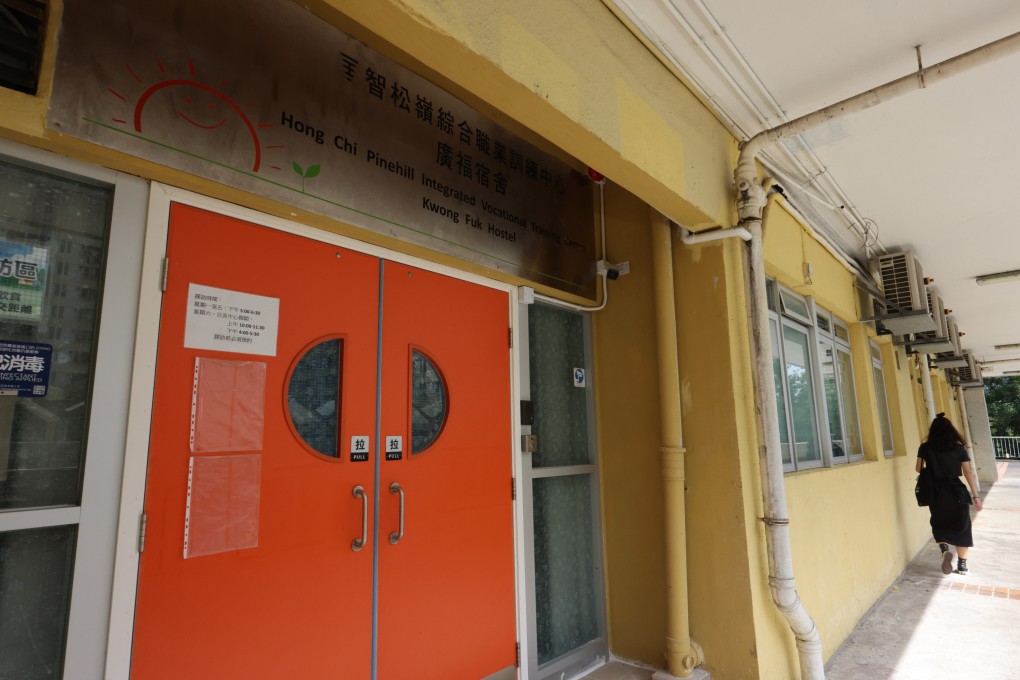Editorial | Review of Hong Kong care homes system required after sexual abuse claims
Alleged assaults at Hong Kong facility highlight the need to ensure weak and vulnerable are not taken advantage of

A caring society is built on institutional support and the integrity of those entrusted with the responsibility to look after those in need. It is disturbing when that foundation once again comes under public scrutiny following another high-profile sexual abuse case at a well-established care home for the disabled.
Hong Kong authorities should review the existing supervision mechanism in order to offer more protection for the weak and vulnerable.
A 38-year-old male worker was arrested in August and charged with raping a 21-year-old woman and sexually assaulting a 20-year-old man in a facility run by Hong Chi Association, the largest NGO service provider for the disabled. But the incident was only made public in separate statements by the association and the Social Welfare Department last week.
In 2017, another association employee was sentenced to six years and eight months in prison for raping and molesting a female resident under his care.

The latest case has received wide public attention not only because of the heinous nature of the allegations, but also the wider issues of monitoring and supervision. It also emerged that letters had been sent to no fewer than five homes for the disabled over the past year, warning them to follow rules aimed at preventing abuse.
